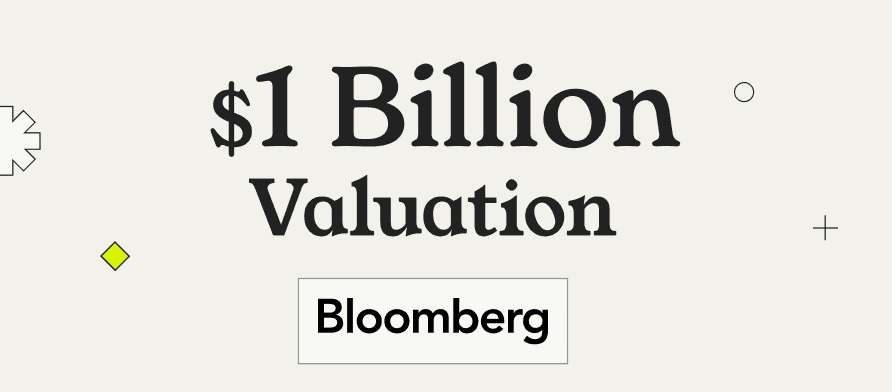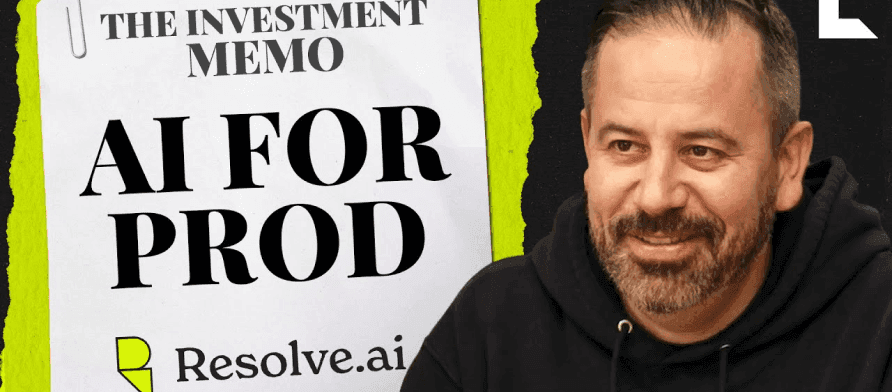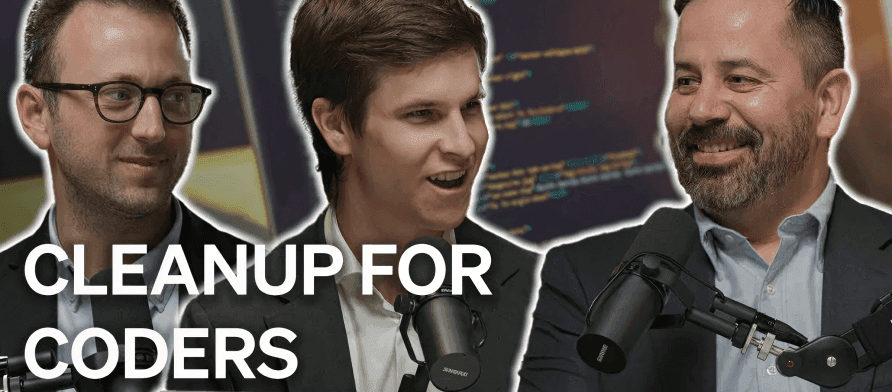Applied AI lab advancing how engineers run software
We're a group of researchers, engineers, and builders inventing at the frontier of AI and production systems. Our mission is to help every engineer run software effortlessly.
Our founders
Spiros and Mayank met 20 years ago in grad school at the University of Illinois Urbana-Champaign and have been working together since 2012. They are co-creators of OpenTelemetry and together they have built companies with two successful exits to Splunk and VMware. Most recently, they led Splunk Observability as GM and Chief Architect, respectively.

Mayank Agarwal
Founder and CTO
Spiros Xanthos
Founder and CEO
Frontier AI researchers and experts in production systems
Our team includes co-creators of OpenTelemetry, researchers from leading AI labs, and engineers who managed the most demanding production systems.
Co-creators of OpenTelemetry
Over two decades of building and standardizing global observability standards by co-creating OpenTelemetry and leading Splunk Observability.
AI Researchers from leading labs
Deep AI expertise from the teams behind innovations like Google DeepResearch, Gemini Agents, and Meta superintelligence research.
Domain experts in production systems
Distinguished engineers from organizations like Google, Meta, Microsoft, Databricks and more with expertise in building mission critical systems
Trusted in the most demanding production environments
World-class engineering teams like Coinbase, Zscaler, Toast, and others use Resolve daily to investigate incidents, improve operations, and debug production.








On-call 24/7
AI that is always debugging
Instantly goes on-call triaging and debugging incidents with full context across telemetry, infra, code, and tools.
75% faster
incident investigations
Multi hop incidents investigated autonomously with evidence in minutes not hours.
Single interface
to root cause with evidence
@Resolve to easily understand production complexity in seconds to build better, and ship faster.
Backed by AI pioneers and builders of Enterprise Software
Leaders who didn’t just predict the AI and cloud revolutions, they architected them
AI Visionaries

Chief Scientist at Google, creator of TensorFlow

Prof. Stanford University; Co-Dir. Stanford Human-Centered AI Institute

Founder, LinkedIn

CEO & Co-founder, Replit

VP of Engineering, OpenAI
Founders & CEOs

Former CEO, GitHub

CEO, AWS

Founder, Twilio

CEO, Snowflake

Founder & CEO, Ramp
Investors
$125M Series A led by Lightspeed
More than $150M in total funding at a $1B valuation
News and media

Resolve AI Announces $125M Series A at $1B Valuation to Fix Production Operations with AI

Resolve AI Hits $1 Billion Valuation for Outage-Thwarting AI Agents

Lightspeed Investment Memo: The AI Startup That Will END Software Engineers Burnout

Morning Brew Daily

Gartner Cool Vendors for AI SRE and Observability






